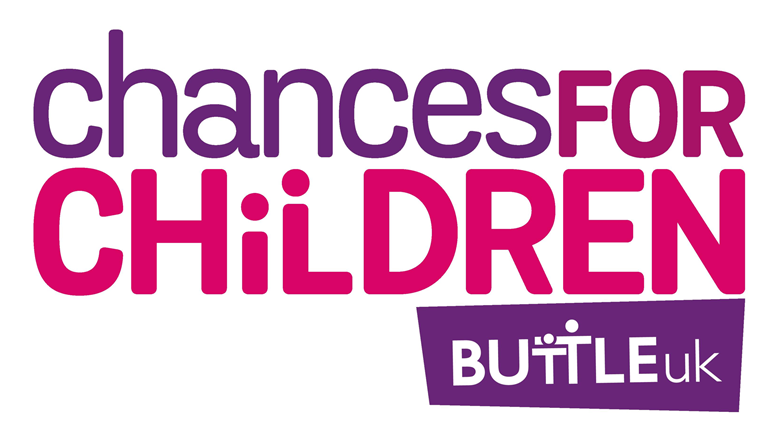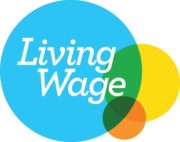Surviving Estrangement: What we learned from our first co-produced research project
In this blog, our Co-Production and Youth Engagement Manager, Charlotte, shares what we have learned from our very first co-produced researched project with Estranged Young People.
Between January and December 2022, Buttle UK embarked on an ambitious piece of work: our first research project to be co-produced with young people.
The aim of Surviving Estrangement was to explore the experiences of young people estranged from their family during the pandemic. Funded by the KPMG Foundation, it was delivered with seven young co-producers, all of whom had experienced estrangement.
The project has been hugely successful, thanks to the dedication of the young people involved and our member of staff who managed the project. The final report was launched towards the end of 2022, with a video animation, a blog, talking head videos, a live webinar with our funders, and an exclusive report on Channel 4 News.
As the new(ish) Co-Production and Youth Engagement Manager at Buttle UK, I wanted to speak to the staff and young people involved in the project to find out what worked well, how any challenges were overcome, and the key lessons learned. This should hopefully mean I can build on the success that Surviving Estrangement achieved.
The discussions with those involved have given me lots of things to think about, ideas for future co-production work and advice on how we can make this even more impactful.
You can read the full learnings here.
Below are some of my reflections. You can read about one of the young people’s experiences of being involved in Surviving Estrangement in their blog.
We took a leap into this work
This probably isn’t unusual for an organisation just starting out in co-production, but we committed to co-producing this project without fully understanding the implications this would have for its delivery.
This was deliberate in many ways – at the point of applying for the funding, we’d been having lots of discussions internally about co-production, and the aim of this project was to start putting this into practice – but we certainly hadn’t fully thought through the level of engagement young people would have in the delivery of the project, or the amount of work it would involve.
This also isn’t necessarily a negative thing. It means we’ve learned a lot about how to make co-production work, how to plan for it and some of the key issues that are likely to arise. We will make some changes to our approach in our next co-produced project, building on the lessons learned from Surviving Estrangement, but for a pilot, this project has been hugely successful. This is particularly impressive given it was delivered almost entirely remotely and with such a vulnerable group of young people.
Young people are as professional and skilled as any other paid staff
The young people involved in Surviving Estrangement were professional throughout. They took their work seriously, prepared for meetings and interviews, and asked for help when needed. They also brought a lot of new skills, ideas and perspectives to the project, whether these be practical (such as showing the project manager how to make a three-way call), creative (for example, using their photography skills to create images for the report), or knowledge-based (such as their deeper understanding of the issues discussed due to their lived experience).
They were also enormously supportive of one another. You might expect some tensions within a group of 6-7 young people, but we had no issues between members of the group. In fact, it was quite the opposite: the group have formed long-lasting friendships and now use the WhatsApp group they set up as a source of support for issues arising in their wider lives. This shows how important these peer relationships can be, and the need for facilitators of co-produced projects to not be too risk averse when it comes to young people building friendships. It’s important that this peer support can develop, albeit in a safe way.
Young people don’t necessarily know or recognise the labels we put on them
For some of the young people involved in the project, this was the first time they heard the term “estranged”. This shows the importance of exploring with young people how they describe their experiences and ensuring that we don’t create barriers to participation by using labels as shorthand ways of recruiting participants.
However, learning these labels can also be powerful for young people – our co-producers told us they now have a concept and framework through which to understand their experiences. This helped them to accept that their childhoods were challenging, that this was not their fault, and that there are others out there who have been through similar experiences.
The benefits of co-production far outweigh the challenges
The young people and project staff were very honest in their reflections with me, and this pointed to a key lesson learned: co-production is hard work. It takes a lot of time, training and support on both sides to make it a success.
However, everyone involved absolutely agreed that the benefits far outweighed the challenges. The young people gained friendships, skills, self-confidence and a wider understanding of the systemic issues that have led to the challenges they have experienced in their lives. For Buttle UK, the project enabled us to deliver a more powerful, insightful and impactful project. The research findings and project outputs are immensely richer due to the young people’s involvement. It also gave the staff involved valuable opportunities for professional development and pride.
As the project manager said:
“This has mushroomed into something much bigger, perhaps, than it was originally intended. I’m proud of that though. I’m really proud of that.”
For more information about co-production at Buttle UK, visit the co-production section of our website or email coproduction@buttleuk.org.





